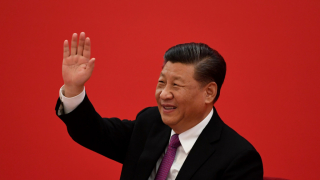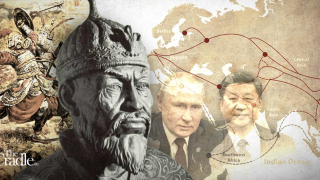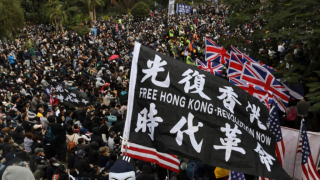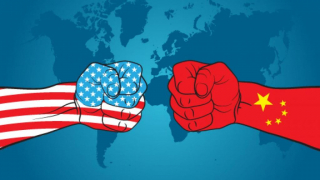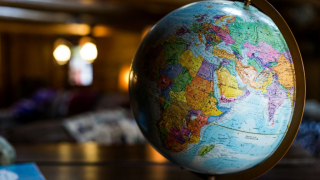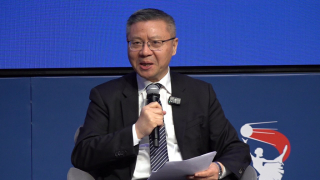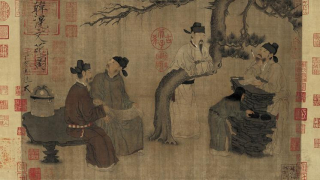See also
05.12.2024
For at least a little while longer, I exist in a literal swamp. The area being graced with high temperatures, surrounded and permeated by water, and...
20.12.2024
For those sections of humanity yearning for the rise of a multipolar world, the arrival of US President-elect Donald Trump on the global stage has...
27.10.2016
US-South Korean exercises have begun at Kunsan Air Force Base in Gunsan, South Korea. The plan of these war games involves surgical-preventative...
12.08.2022
The ultimate Silk Road city, set at an unrivaled Eurasian trade crossroads, is the ideal spot from which to examine where the New Silk Roads...
01.07.2020
The “loss” of China in 1949 was perhaps the biggest blow to strike American hegemony in the post-World War II era, and it is felt increasingly to...
The first round of negotiations started in Seoul today, with both countries having originally agreed to take on maritime demarcation in July of 2014...
27.08.2019
U.S. President Donald Trump has turned the world into a great geopolitical battlefield where whoever resists receives sanctions, embargoes, threats...
26.07.2017
In the Siliguri Corridor, also known as the Chicken's neck, Chinese and Indian military forces sit on the respective sides of their vague borders and...
18.11.2024
Today, the world stands at a crossroads—a dangerous yet transformative moment—marked by the collapse of traditional power structures and the...
07.03.2024
It’s a great pleasure to speak at the Multipolarity Forum. Why “multipolarity” is so important? Because its opposite “unipolarity” is immoral, unjust...
12.09.2018
Contemporary Chinese political scientists derive their doctrine of multipolarity from the Cold War era, and in particular the five principles of...
16.12.2015
December 16, the Chinese city of Wuzhen started the World Internet Conference. It is an alternative to such events, taking place under the auspices...


